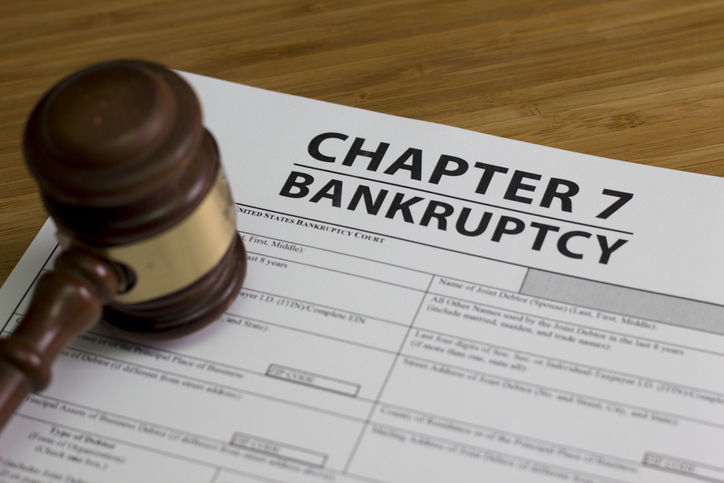Georgia Bankruptcy Laws
If you’re overwhelmed with debt, you may want to consider bankruptcy. This is the legal process of discharging your debts, and bankruptcy attorneys can help with the process. Here’s what you need to know about Georgia’s bankruptcy laws.
Chapter 7 or Chapter 13
For consumers, the two main options are Chapter 7 or Chapter 13. Under Chapter 7, your debts are discharged and you don’t pay anything. However, if you have significant assets, you may have to liquidate them. With Chapter 13, you make payments to your debtors for between three and five years, but you keep all your assets.
Qualifying for Chapter 7
To qualify for Chapter 7, your family income needs to be below the state median. As of 2017, the median household income in Georgia is $56,183. However, the number varies depending on the number of people in your family, and you also get to claim a number of exemptions. When you start consulting with bankruptcy attorneys, they can help you figure out if you qualify for Chapter 7 bankruptcy.
Property Exemptions
If you file Chapter 7, you are only allowed to keep property that is under the exemption levels, and you must liquidate property over those values. Chapter 13 allows you to keep non-exempt property, but you must make payments equal to the value of the non-exempt property as part of your payment plan.
As of 2019, the exemption levels in Georgia are as follows:
- Up to $21,500 in equity in your home
- Up to $5,000 value in a vehicle
- Up to $1,200 in personal property of your choice
If you don’t use the entire equity amount for your home, you can also keep the unused amount of equity (up to $10,000) in personal property. For instance, if you have $15,000 in equity in your home, you can keep an additional $6,500 in personal property. The exemptions double if you are married.
Payments for Chapter 13
The payments for Chapter 13 bankruptcy can be over a three or five year period. Your payments are based on your disposable income. But as indicated above, your payments may also be affected by the amount of your non-exempt assets. Work with your attorney to make sure you can afford the payments.
Financial Education
When you work with bankruptcy attorneys to file bankruptcy, you also have to take financial education courses. Typically, you need to take one course before you file and another one after you file.
To learn more about filing bankruptcy in Georgia, contact us today. The bankruptcy attorneys at Clark and Washington can help you.



